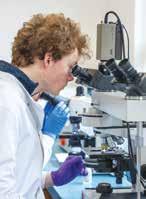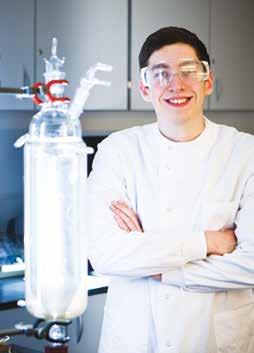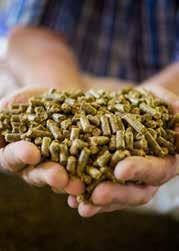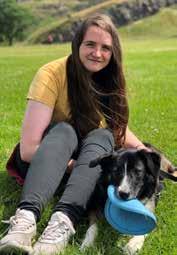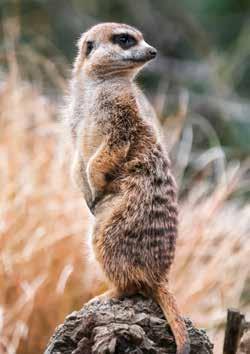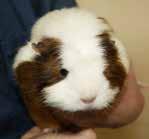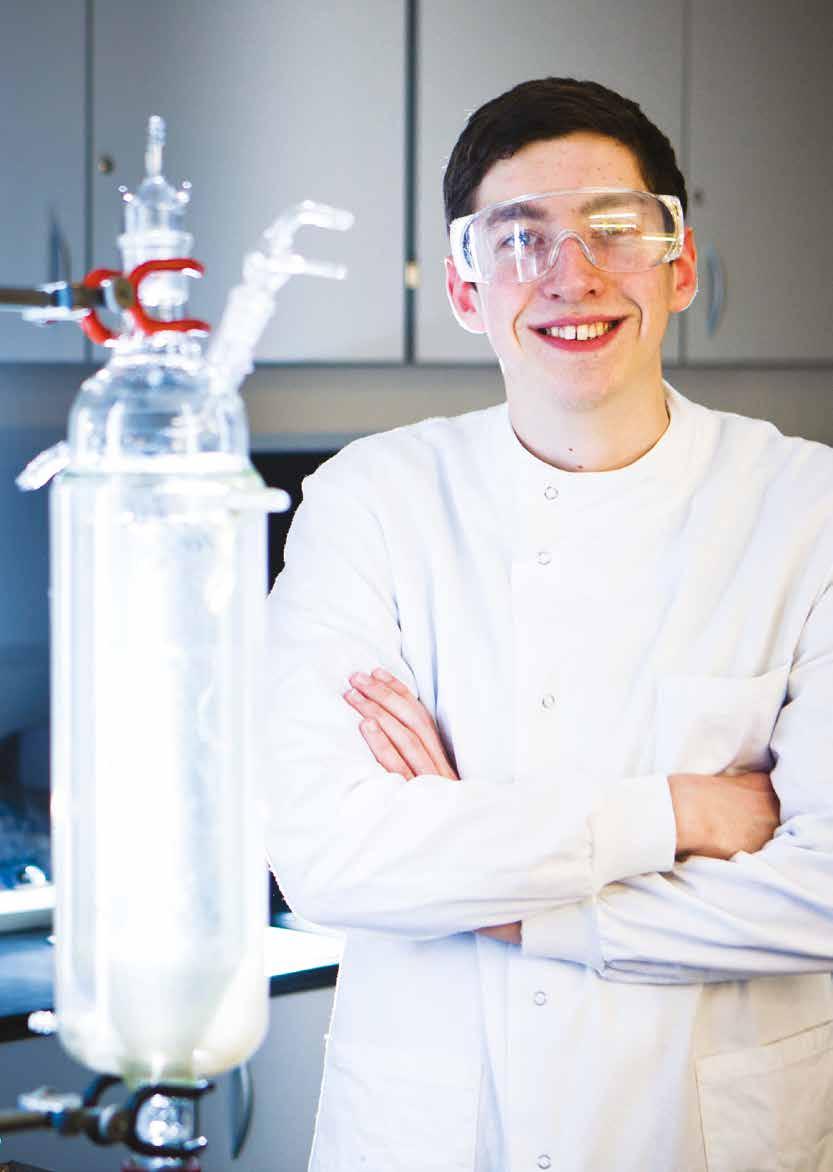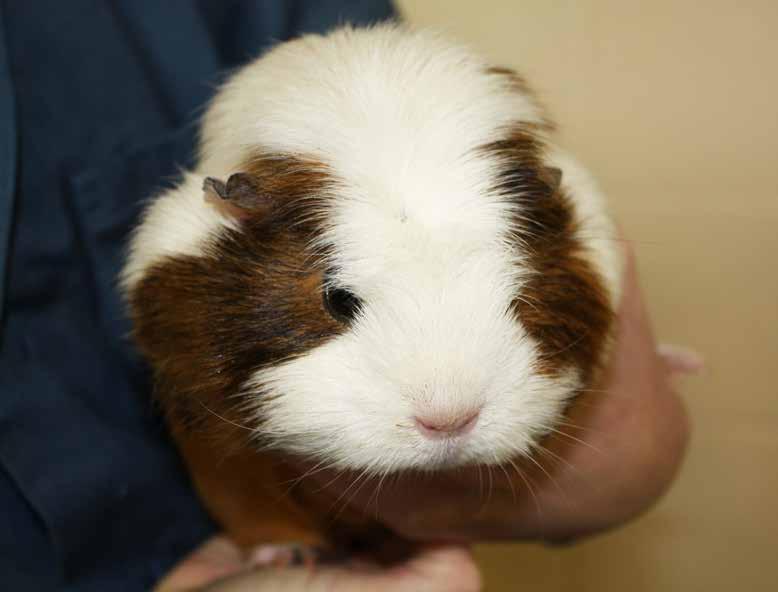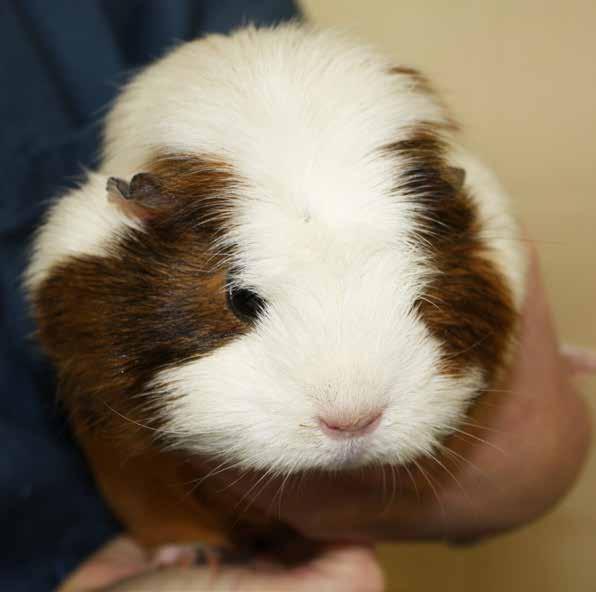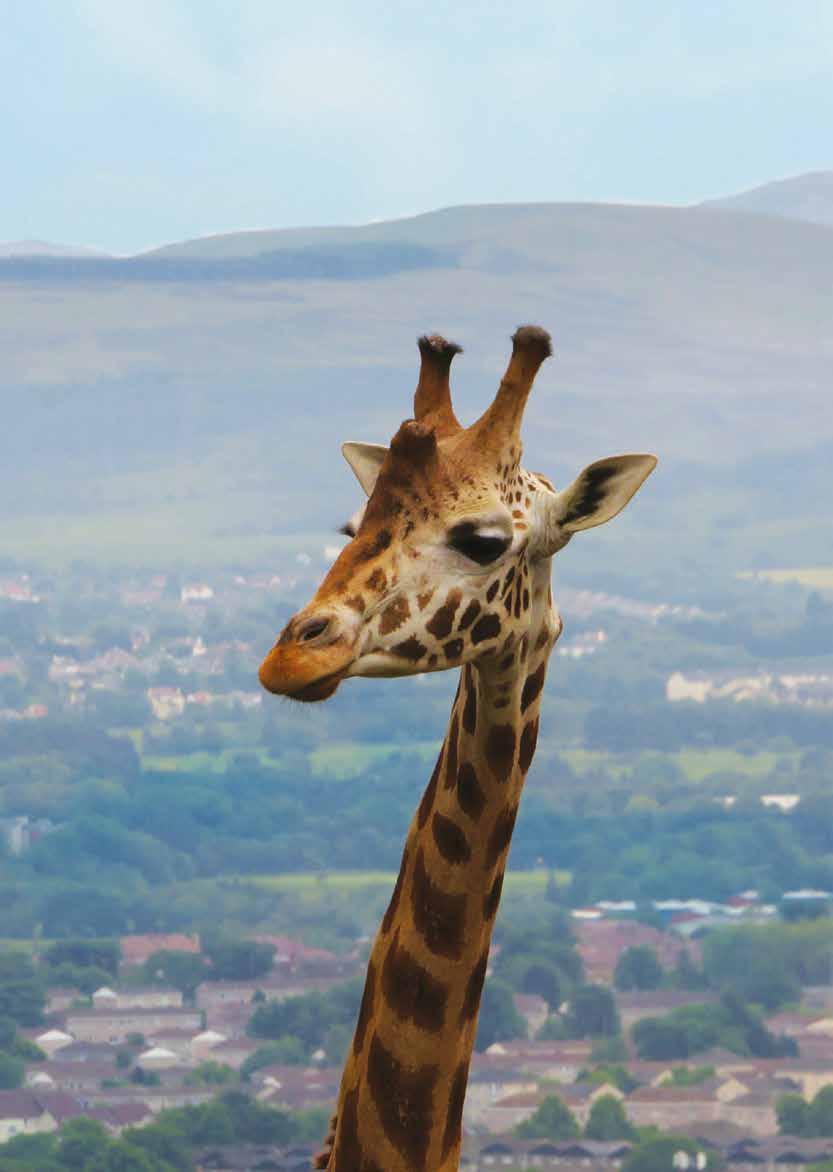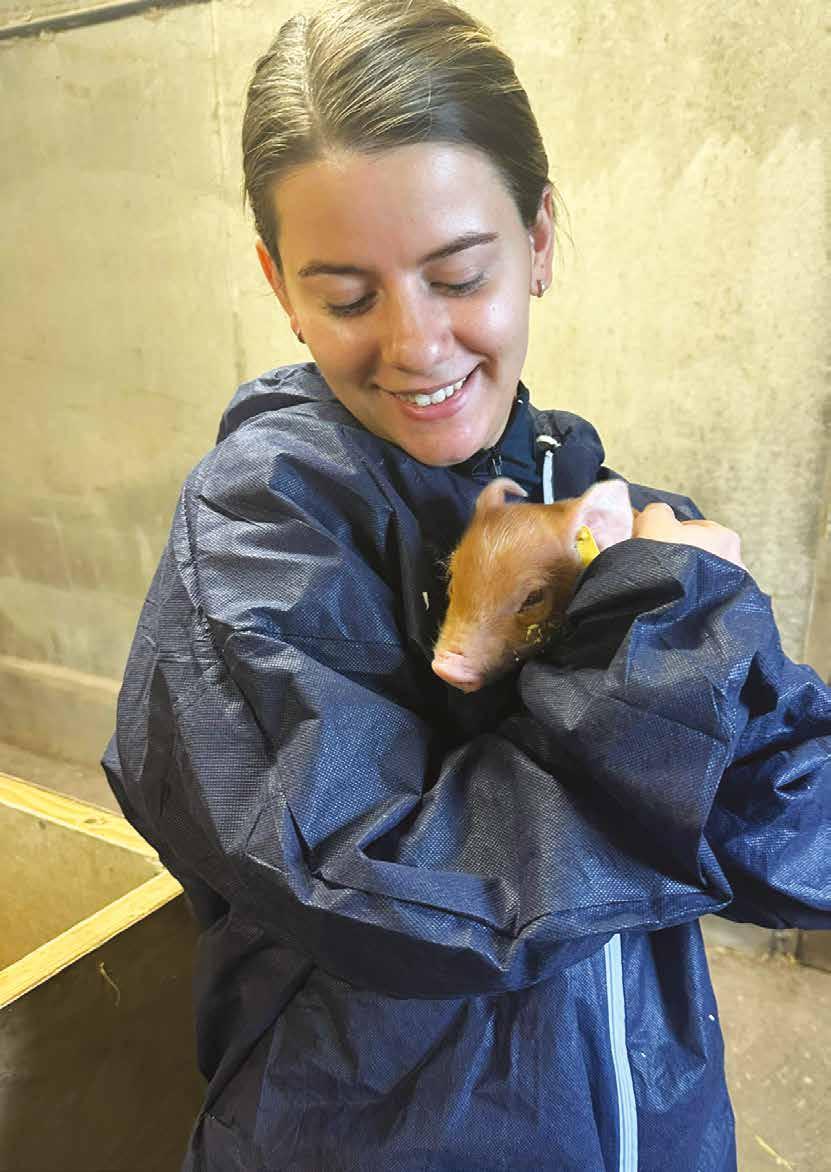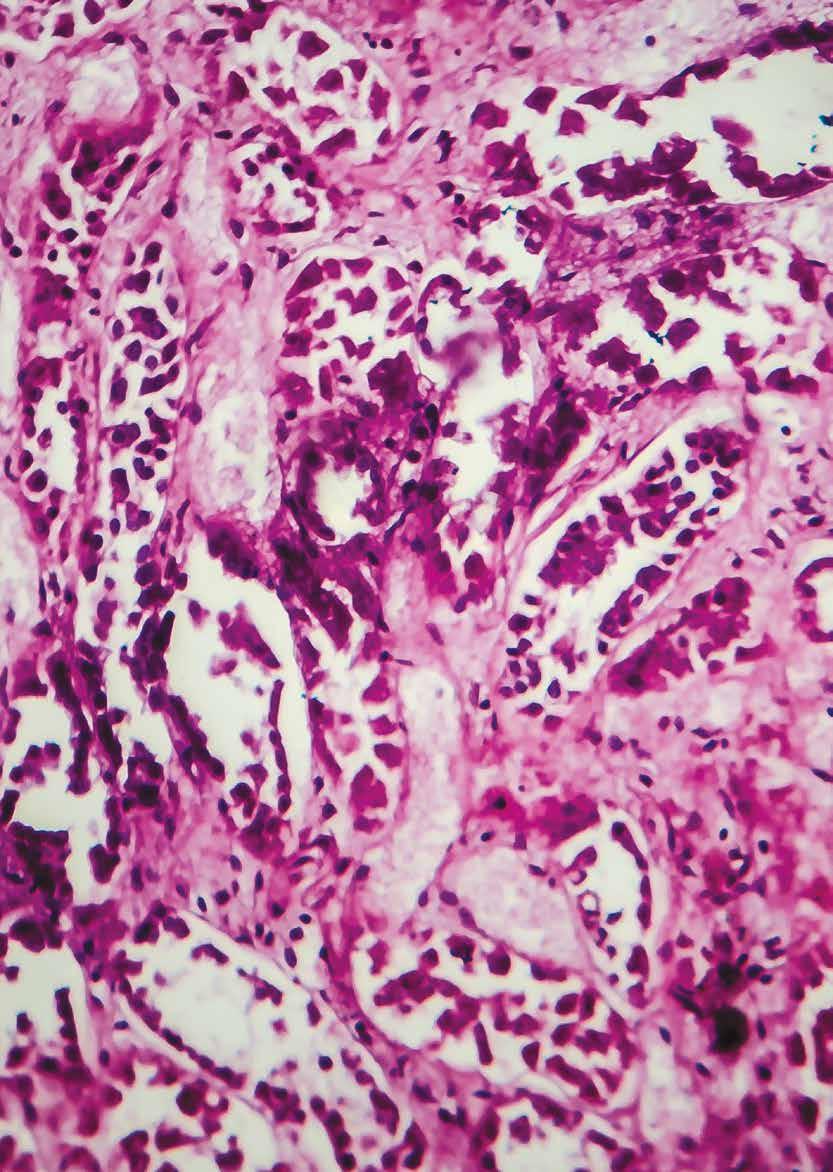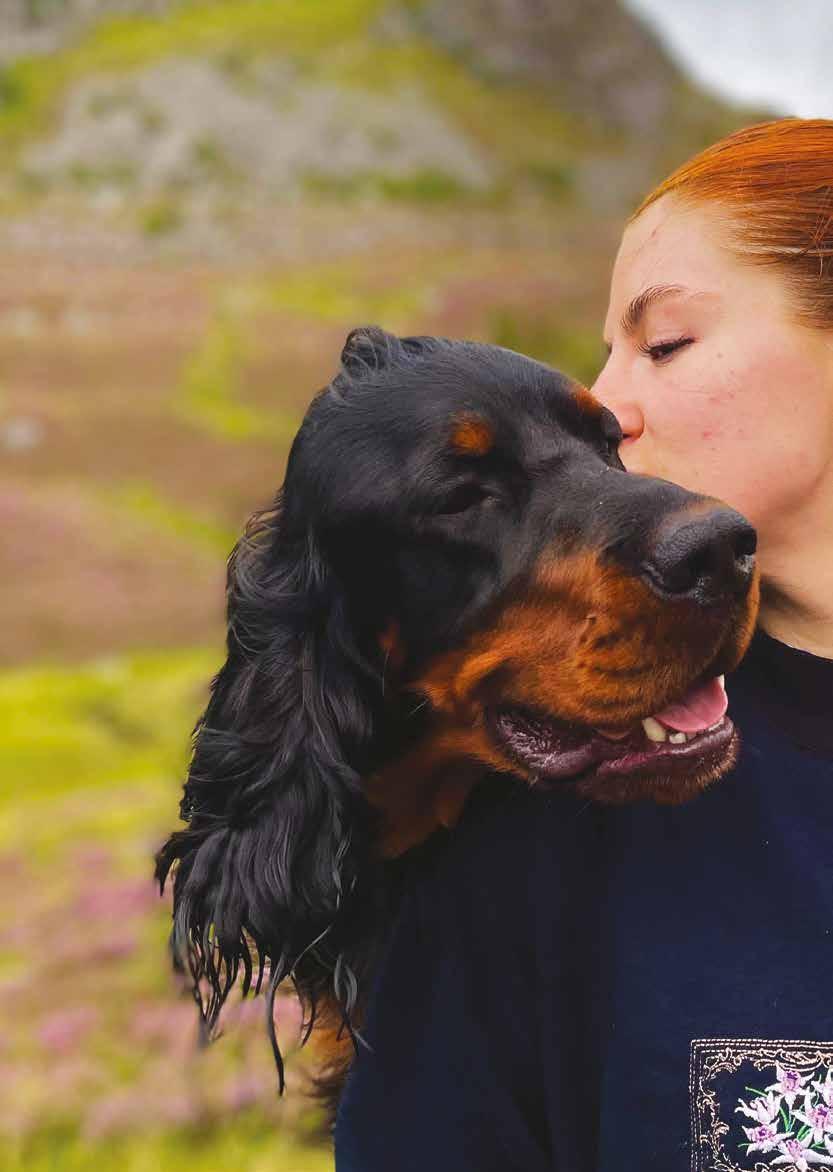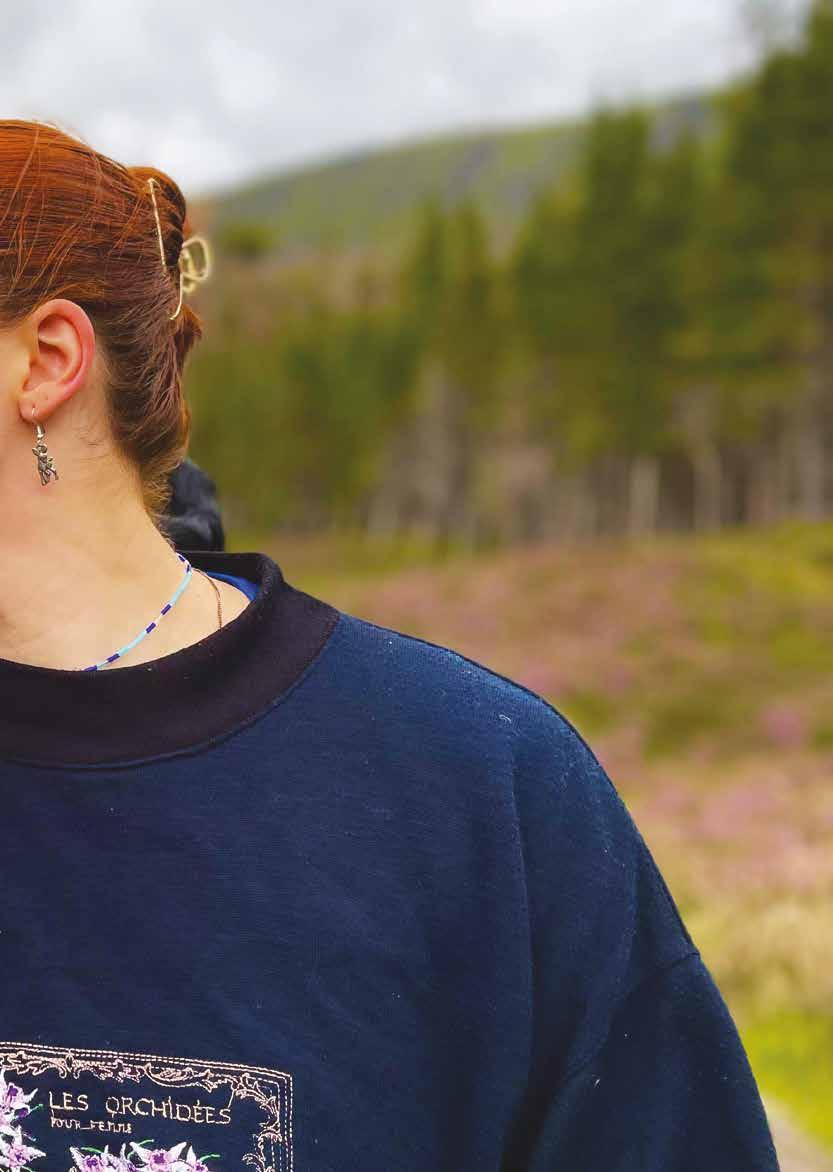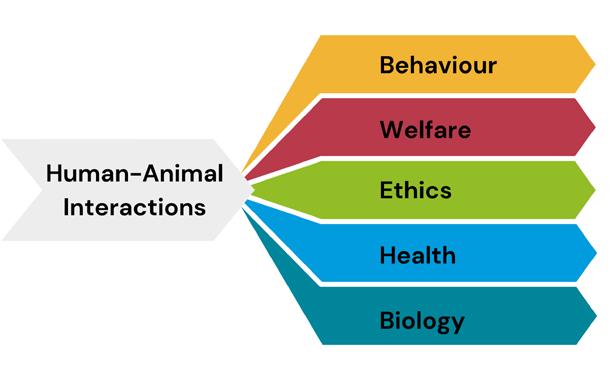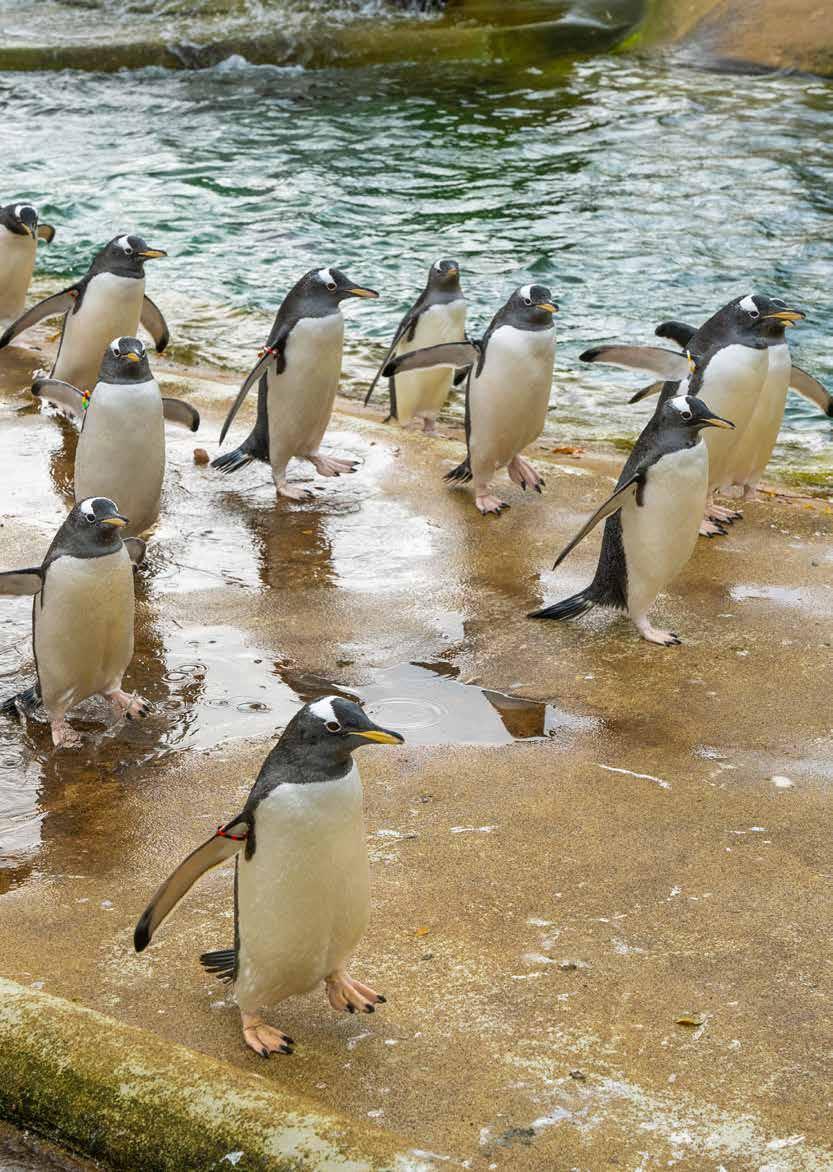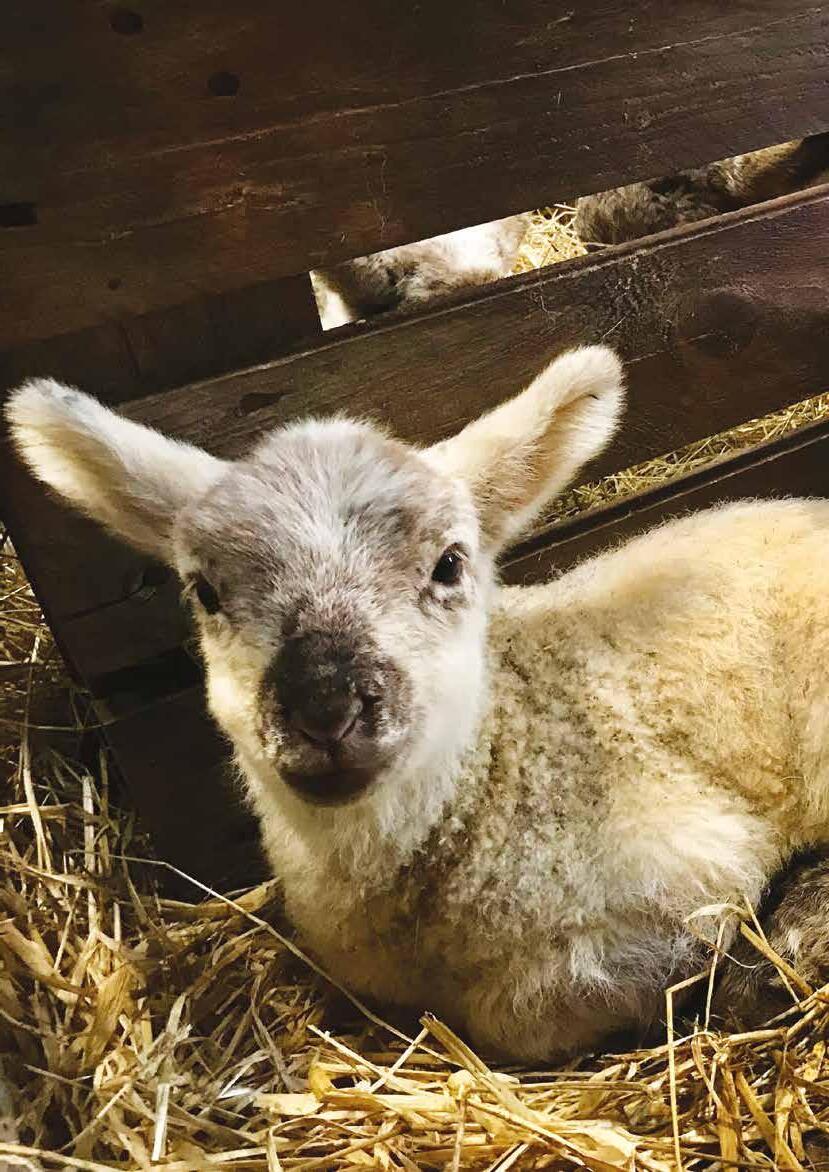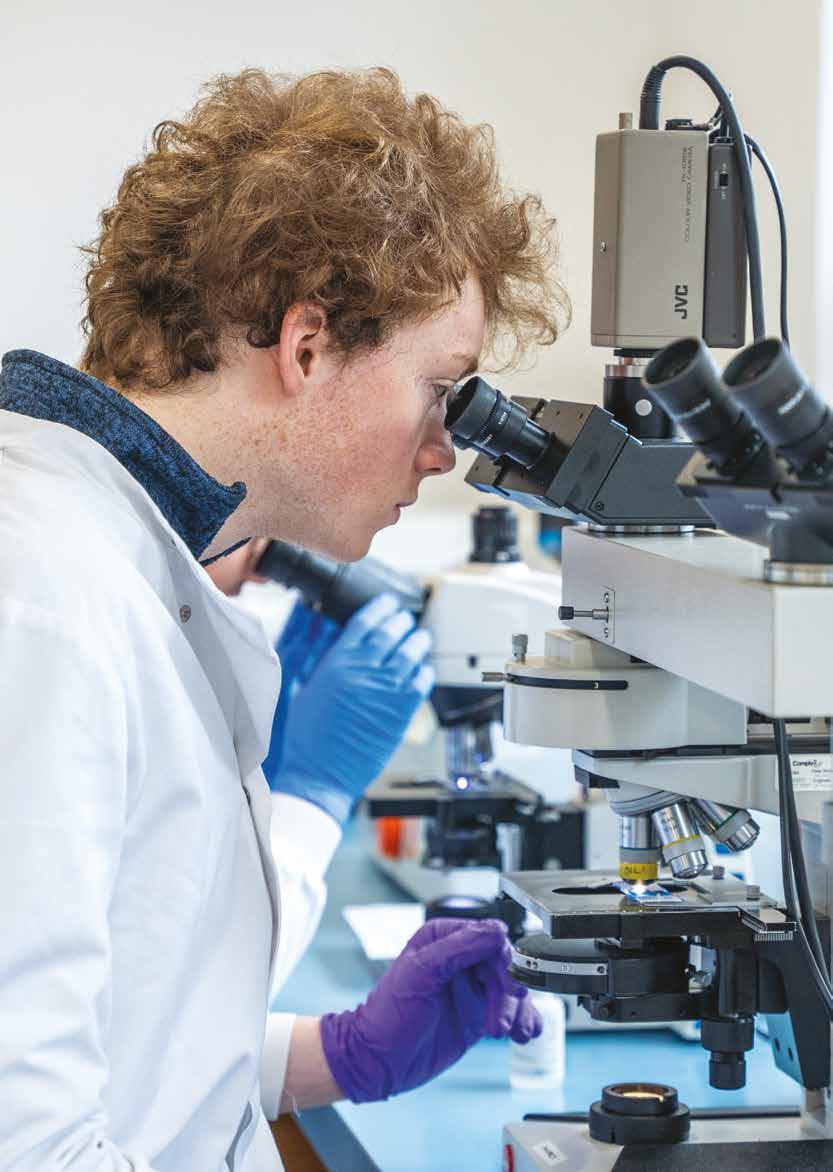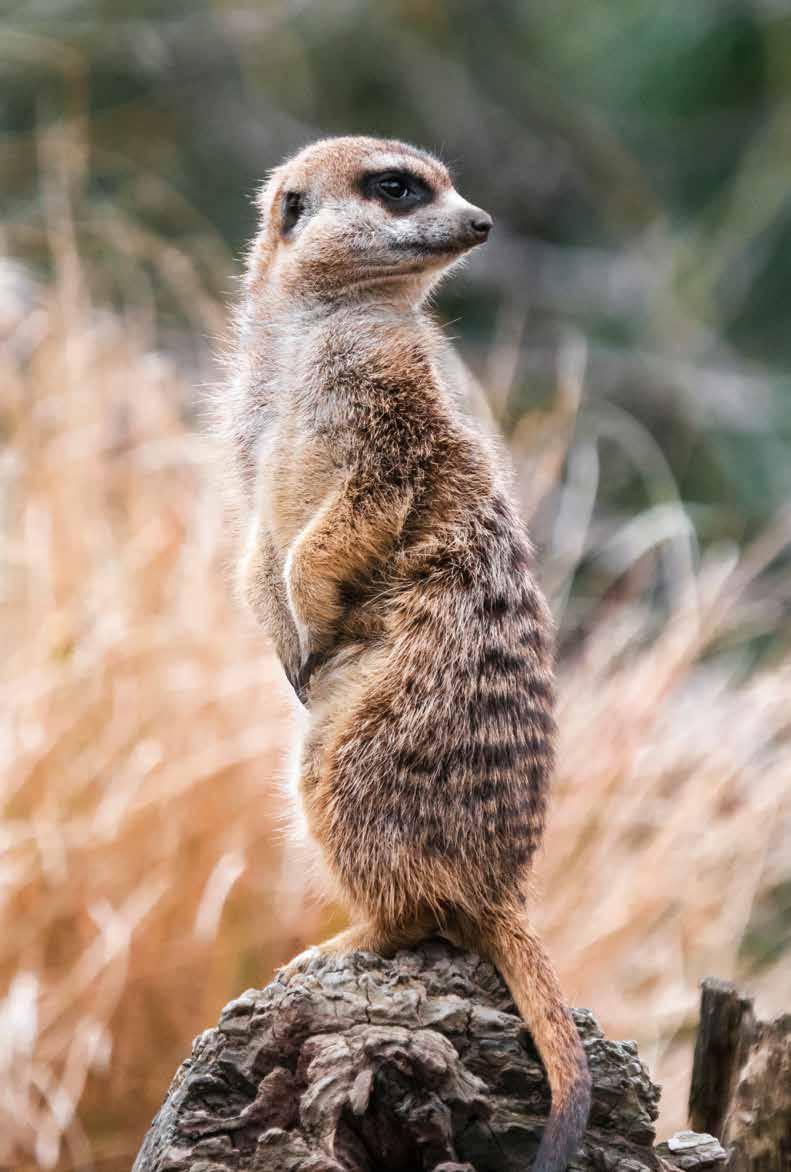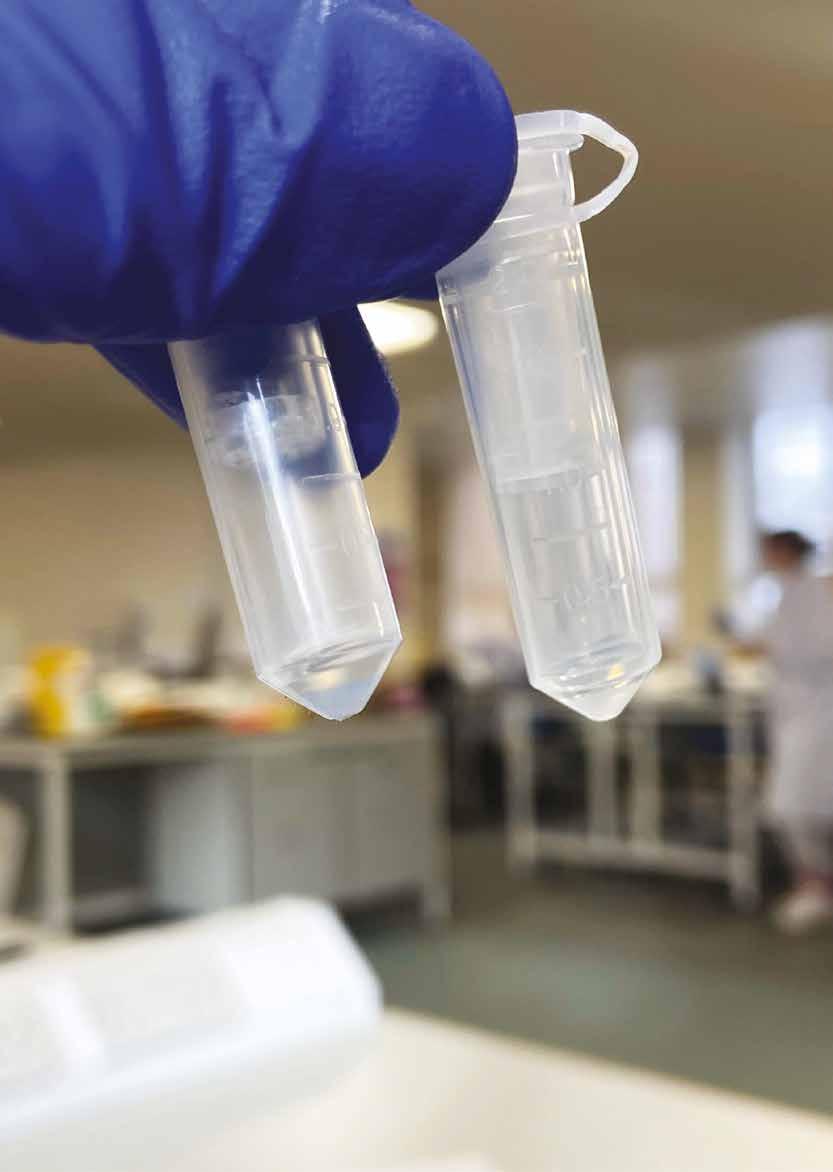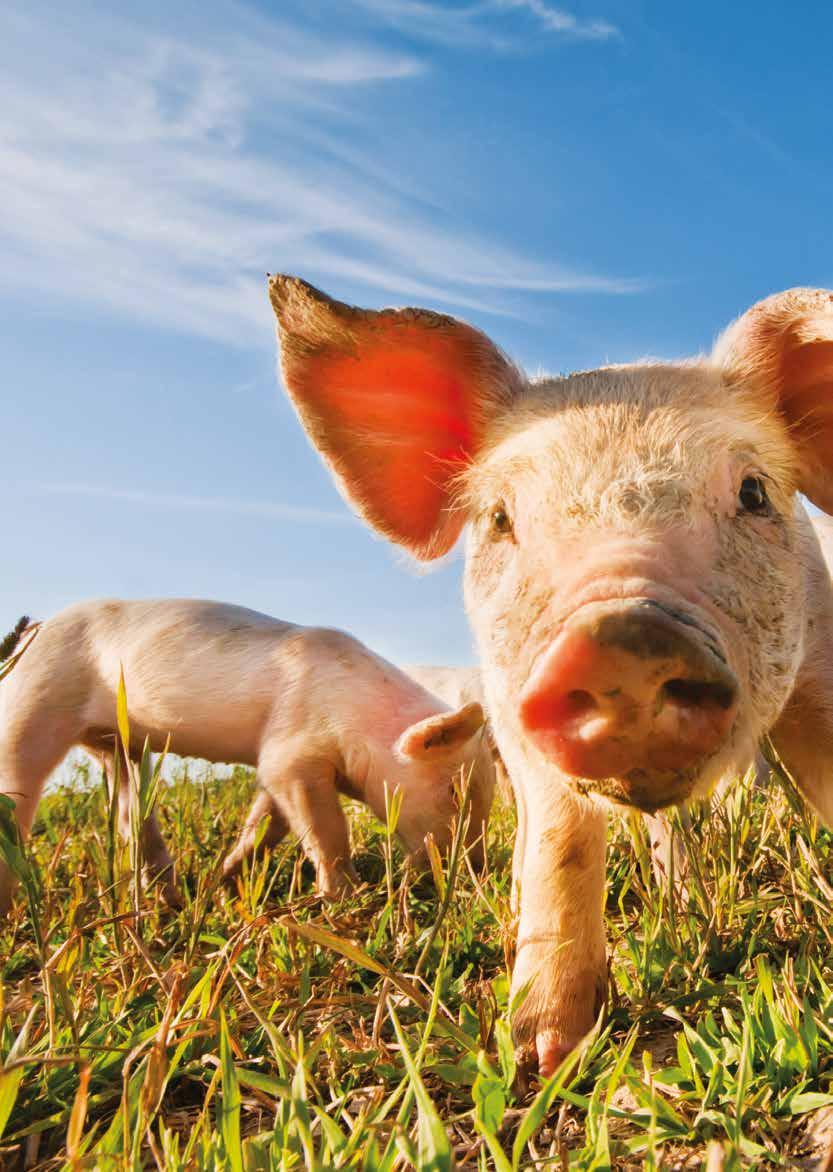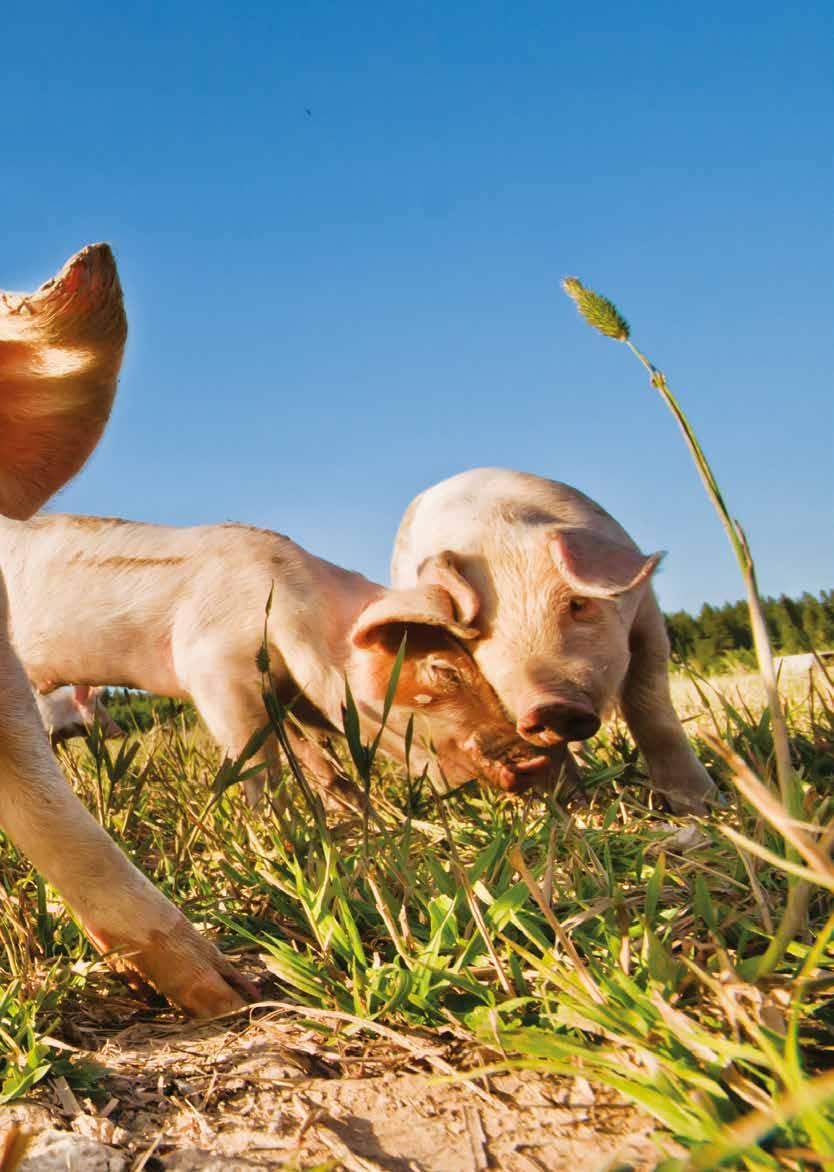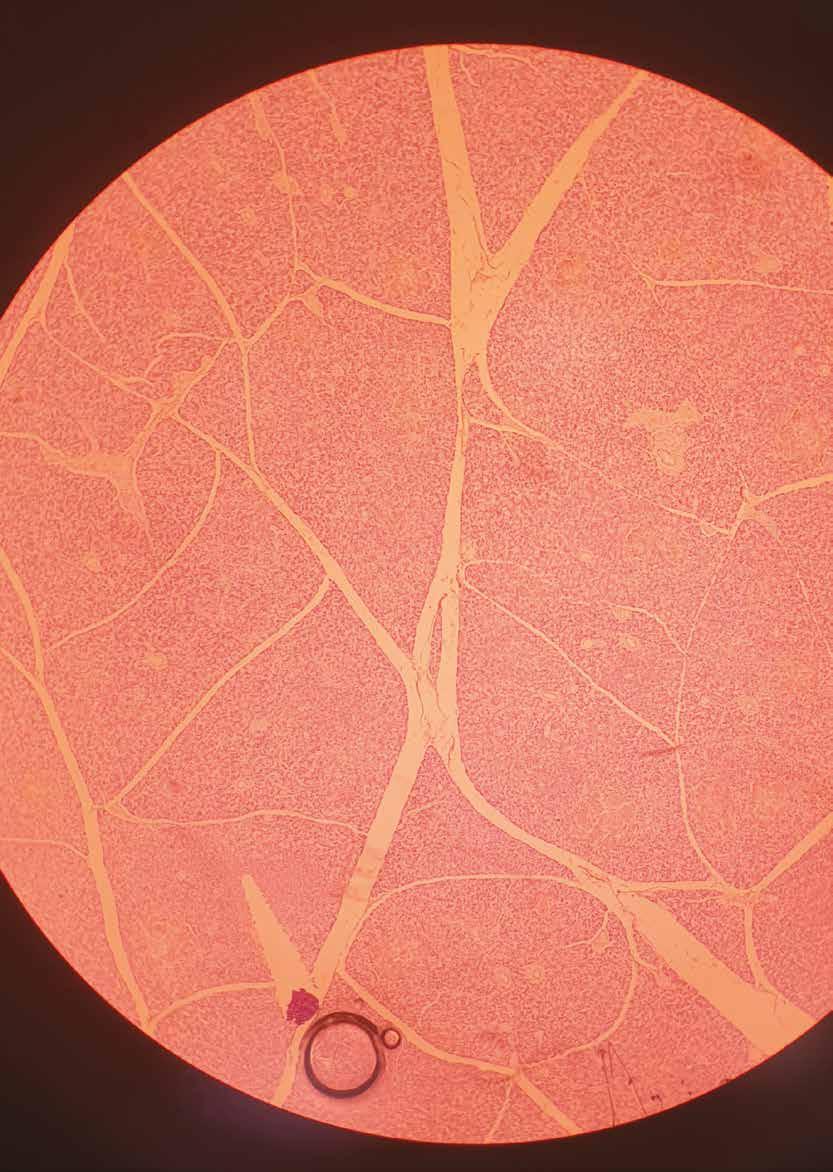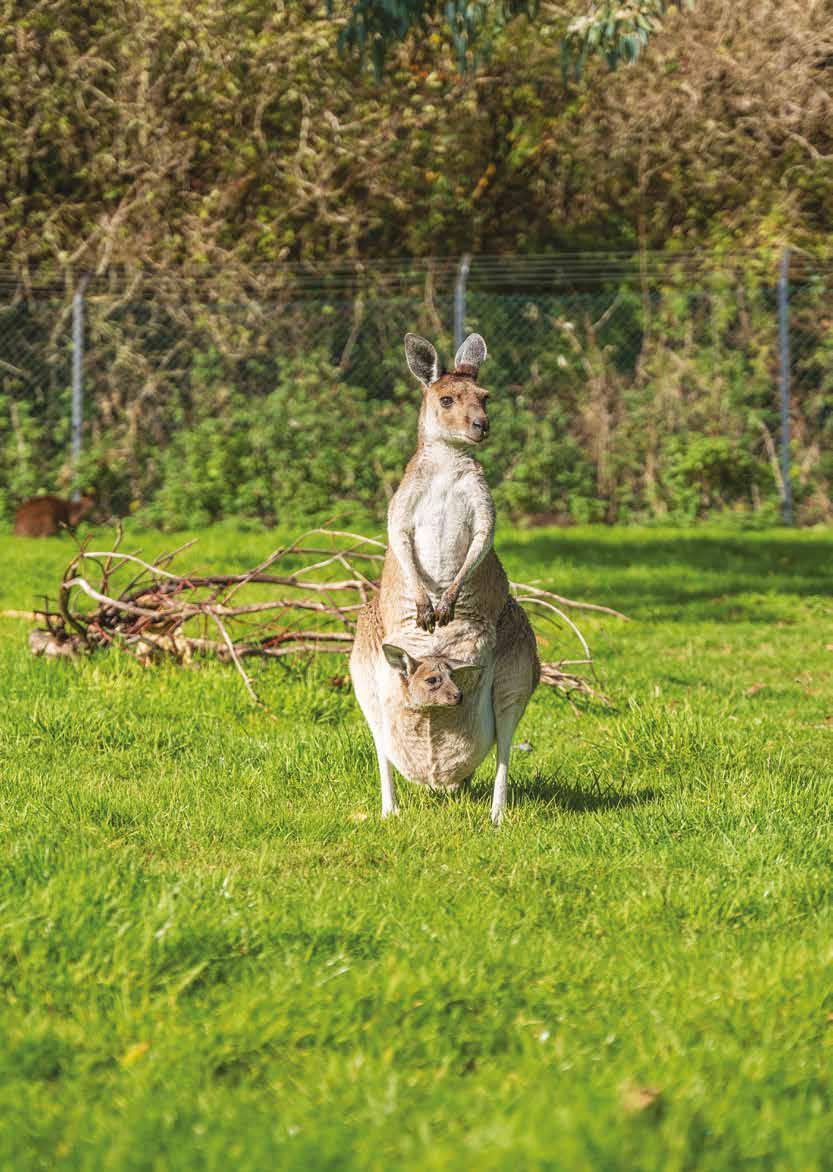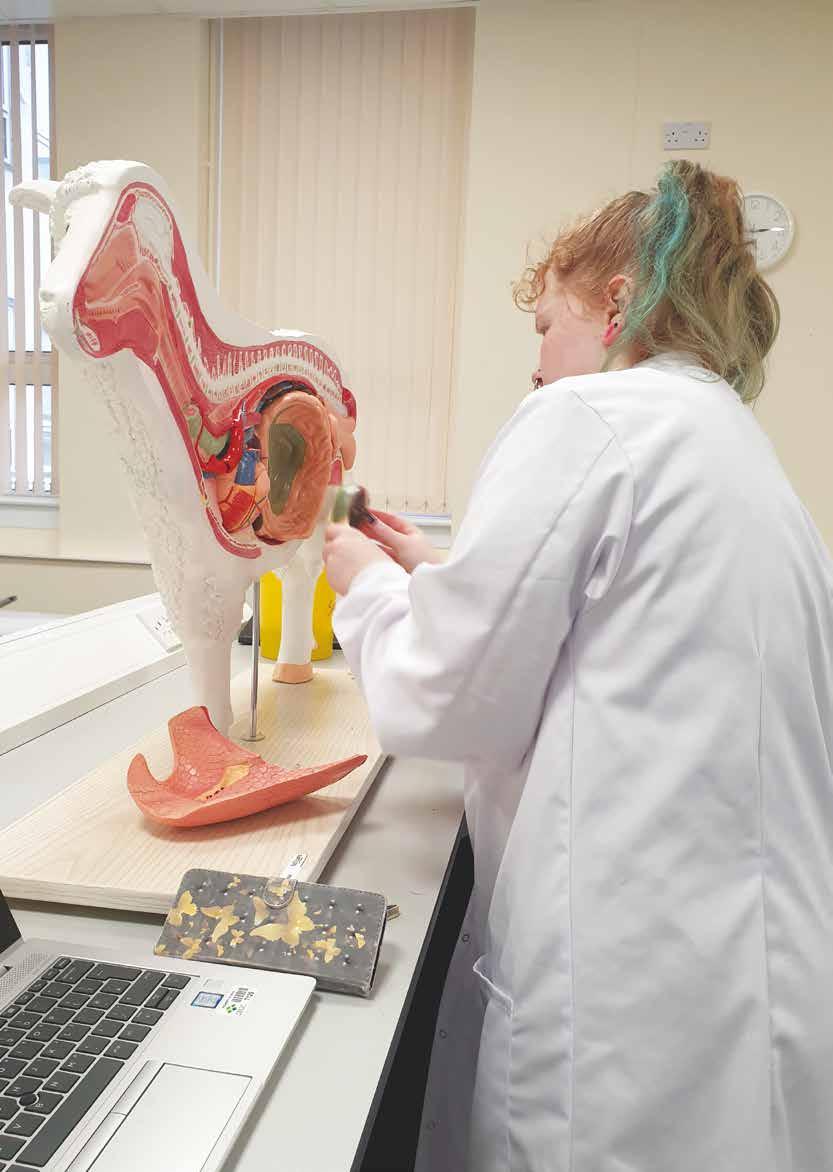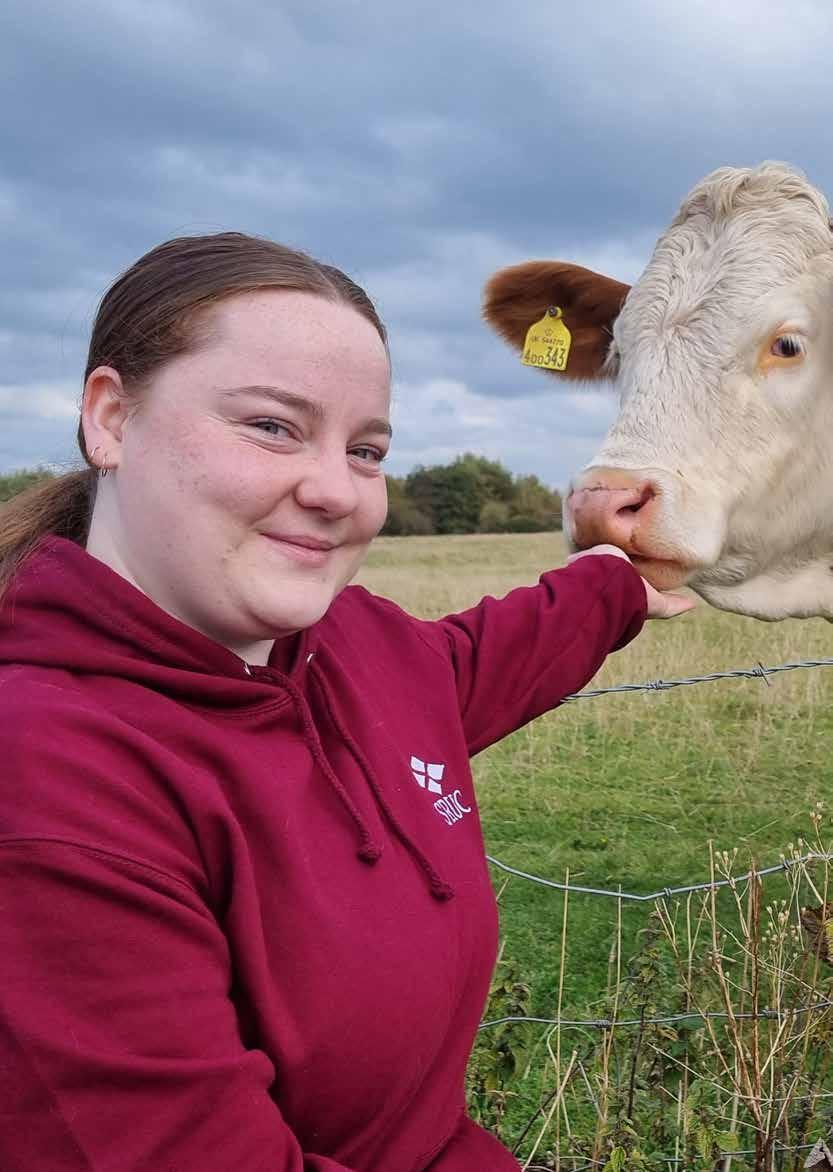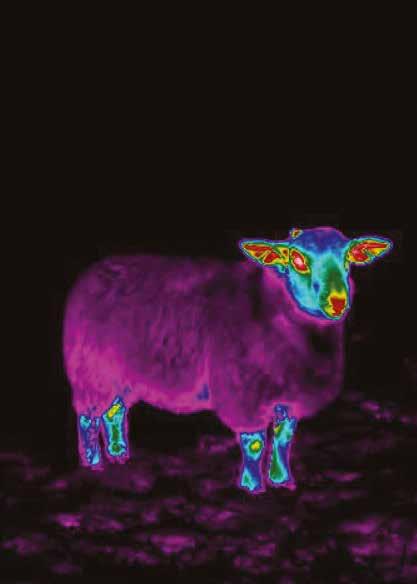KEY FACTS
BSc / BSc (Hons)
ANIMAL WELFARE SCIENCE
ENABLES PROGRESSION TO:
• Veterinary Medicine
• Veterinary Bioscience
• And Postgraduate study such as: MScs and PhDs in Biology, Psychology, Human Behaviour Change, Animal Behaviour and Animal Welfare
ALLOWS PROGRESSION FROM:
• HND Rural Animal Health
• HNC/D Animal Care
• Veterinary Bioscience
• Veterinary Nursing
ENTRY REQUIREMENTS
4 Highers at ABBB / 3 A-Levels at BBB, to include biology, human biology or chemistry.
Applicants should be able to satisfy basic literacy and numeracy requirements.
Entry into Year 2 or 3 is possible with an appropriate HNC/D, foundation degree, or similar qualification.
STUDY MODES
This course is available full-time and part-time.
WHAT’S THE COURSE LIKE?
This course is a blend of theory and practice, with a focus on interactive learning where you are encouraged to discuss and apply your learning to real world scenarios. You will develop key academic and practical skills and learn to think like a scientist.
The degree programme is focused on animal welfare and how it is influenced by animal biology and the human behaviour. As such you will learn about animal biology including behaviour, physiology, health, nutrition, and genetics as well as animal ethics and the human-animal relationship.
In the first two years of the degree you will study the fundamentals of animal biology, animal behaviour and the human-animal relationship. In years three and four you will apply those fundamentals to understanding and assessing animal welfare and ultimately to how good welfare can be achieved based on scientific evidence. The year 3 careers module will expose you to a range of employers and future career opportunities and give you the opportunity to undertake relevant work experience. In year four you will conduct your own research, working alongside internationally recognised animal scientists.
Most modules are taught entirely on campus, but some may incorporate elements of online directed learning, for example using a flipped classroom model where you will be required to watch a pre-recorded lecture or complete an activity at home and then in class apply that new knowledge or skill to a class activity or discussion.
www.sruc.ac.uk/animalscience
COURSE STRUCTURE
YEARS 1, 2 AND 3
• 8 modules per year
• 2-3 hours contact time per week per module
YEAR 4
• 5 taught modules and 1 large independent research project
• 2-3 hours contact time per week per module
Assessments are varied and include: exams, laboratory books and reports, scientific essays and literature reviews, presentations and posters, data analysis and research projects.
We use authentic assessments, particularly in years 3 and 4 to help develop your skills and prepare you for the types of activities you will be doing in the workplace.
The first two years will introduce you to the basic biological and social science principles that underpin animal science.
You will learn about how animals function and adapt to changes in their environment by studying anatomy and physiology at a cellular, organ and whole animal level and how the health and welfare of animals is dependent on good nutritional management.
You will develop a strong foundation around animal breeding and genetics to learn how we can use genetics to make improvements to health, welfare and productivity in livestock and companion animals through selective breeding.
You will learn how we study animals to understand why they behave the way they do including key behaviour theory that underpins much of animal welfare science such as animal handling, animal learning and training, how to assess animal emotions, and how to conduct scientific observations of animal behaviour. You will also explore the variety of ways that humans use animals in different contexts, such as on farms, as companion animals, as captive wild animals, or in research, to begin understanding the humananimal relationship.
You will spend time in the laboratory as part of your animal health and physiology modules; go on field trips to SRUC animal facilities like our farms and small animal units and visit local facilities like Edinburgh Zoo to learn about different types of animal science in different types of animals.
YEAR 1
MODULES INCLUDE:
• Animal Health
• Animal Physiology Systems 1
• Animal Behaviour
• Basic Animal Nutrition and Digestion
• Data Science and Computing
• Introduction to Genetics
• Keeping and Managing Animals
• Diversity of Life
YEAR 2
MODULES INCLUDE:
• Host-pathogen Interactions
• Animal Physiology Systems 2
• Applications of Animal Behaviour
• Nutrient Requirements and Diet Formulation
• Research Skills and Statistics
• Animal Breeding, Selection and Technologies
• Animals and Society
• Animal Conservation
Would you like to find out more about our courses straight from the people who matter most – the students and the lecturers?
We’ve created a Virtual Experience platform where you can find great videos and examples of what it’s like to study our courses, along with campus and facility tours.
www.sruc.ac.uk/experience
The degree programme is delivered by world-leading experts in animal behaviour and welfare, who are part of one of the largest groups of scientists in this field globally. By joining, you’ll have access to cutting-edge research and learn from those actively engaged in improving animal welfare worldwide, including through collaborations with governments and industry. The course’s content and connections will position you to make a positive impact on animal welfare in your own career path.
YEAR 3 & 4
In year 3 and 4 you will become more independent in your reading and thinking. You will take the core principles you have learned in each of the subject areas and apply them to real-world examples and situations to explore and learn more about how animal welfare science is used to assess and improve animal welfare on a global scale.
In year 3 you will undertake work experience and will meet prospective employers to find out about some of the studentships, traineeships, and graduate schemes available to you. By your final year, you will be honing your academic and scientific skills becoming more confident in your ability to read, interpret and discuss scientific research, and will use these skills to complete an honours project, conducting an independent piece of animal behaviour or welfare research on a topic that is of particular interest to you alongside researchers from SRUC’s world renowned Animal Behaviour and Welfare research group.
www.sruc.ac.uk/animalscience
YEAR 3 MODULES:
• Welfare Physiology
• Applied Animal Ethics
• Principles and Applications of Behavioural Ecology
• Epidemiology
• Animal Welfare Concepts
• Professional and Academic Skills and Practice
• Advanced Research Methods
YEAR 4 MODULES:
• Human Behaviour Change
• Learning and Cognition Applied to Animal Welfare
• Topical Issues in Animal Welfare
• Animal Welfare Assessment
• Animals at the Centre of Global Issues
ELECTIVE MODULES:
Choose from a list of relevant modules from other programmes including our Applied Animal Science, Equine Science and Management and Wildlife and Conservation degrees.
“During my time studying animal welfare science at SRUC, I have had the opportunity to explore a wide range of subject areas. From animal behaviour to conservation to physiology, each module has deepened my understanding of the animal welfare science. The teaching staff are friendly and supportive and with interactive classes, discussion and visits, learning has become so much more than sitting in lecture. With a passion for wildlife, I aspire to work in wildlife rescue and rehabilitation on completion of my studies. I am eager to apply the knowledge and skills I’ve have gained to help me reach this goal.” Chloe Brown, Animal Welfare Science
CAREERS:
• Animal Health and Welfare Officer
• Animal Welfare Consultant
• Animal Behaviourist
• Animal Advocate
• Farm or Animal Manager
• Policy Advisor for government or nongovernment bodies
• Animal Care or Research Technician
• Zookeeper
• Educator e.g. Animal Welfare Educator, Biology Teacher
• Research Scientist
• Livestock Agent or Buyer
